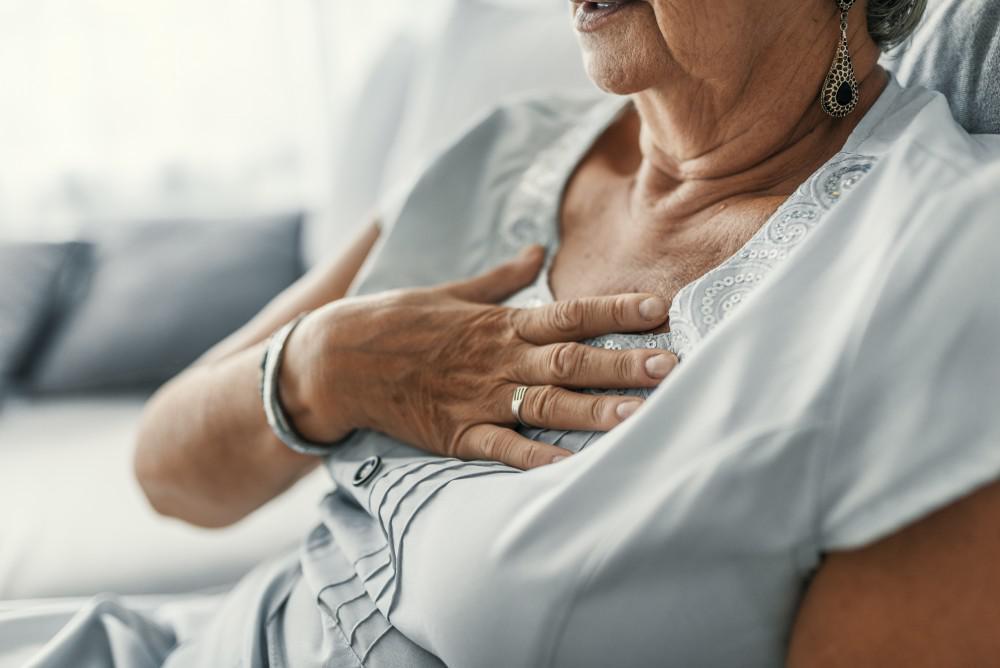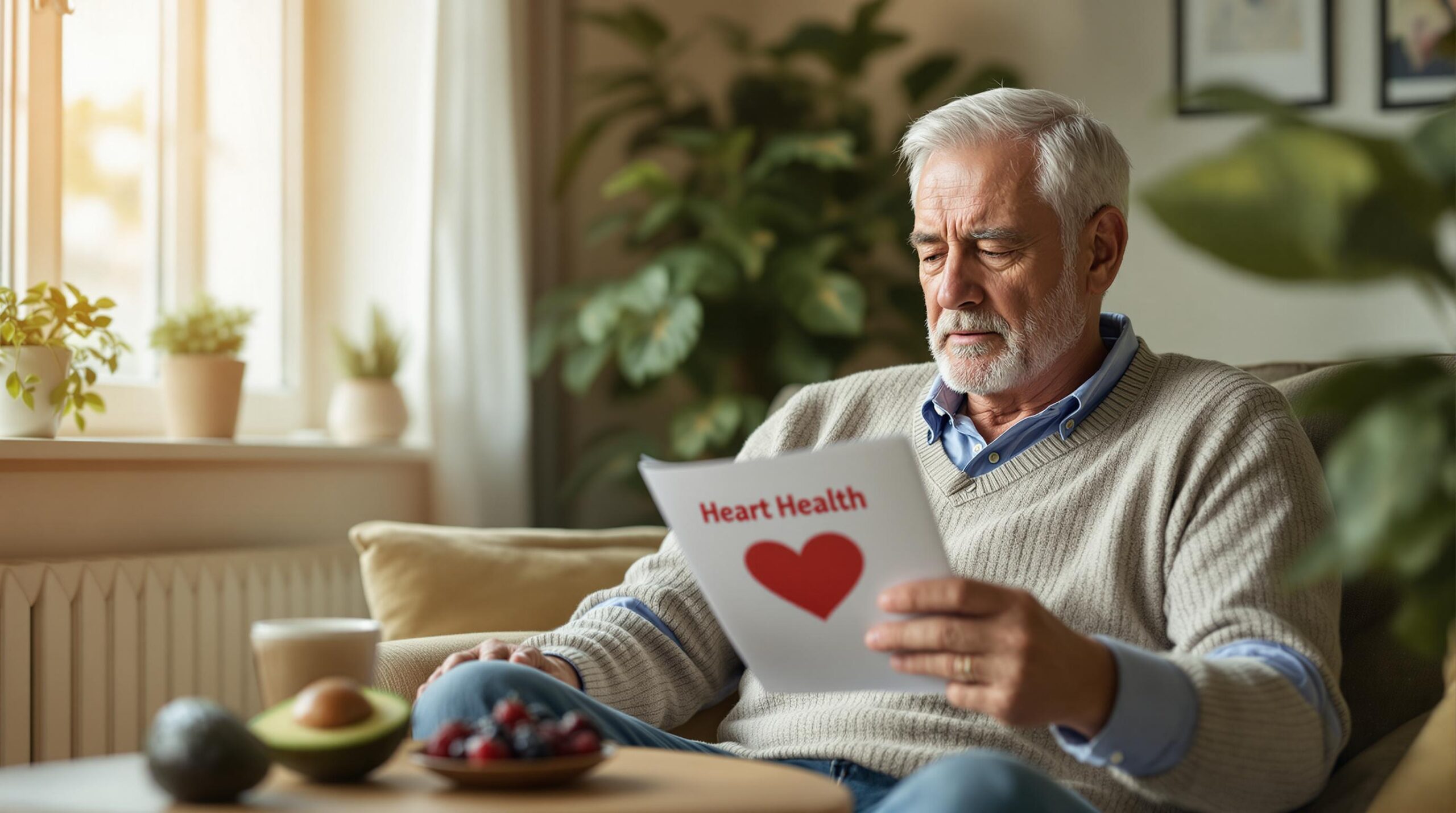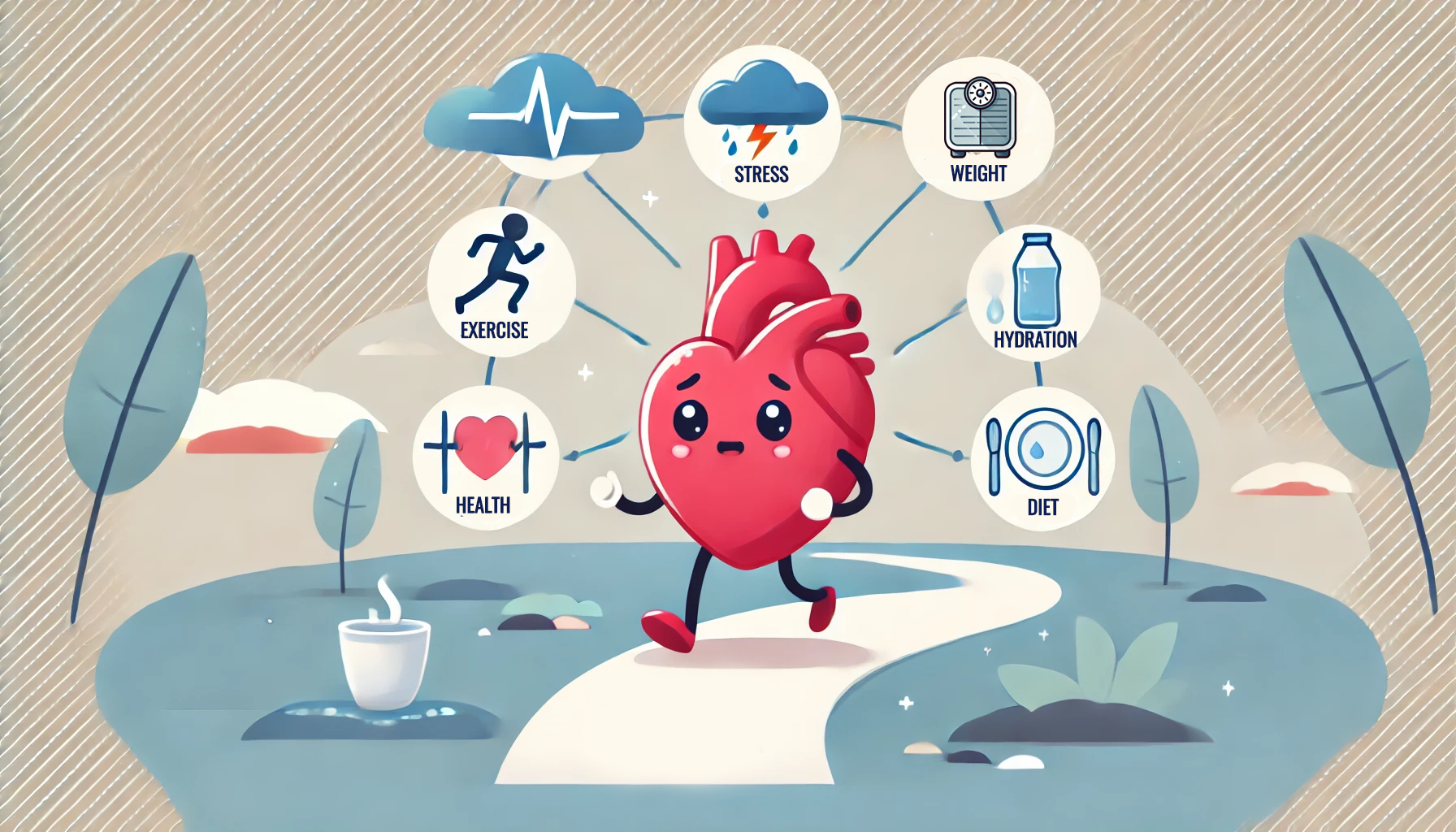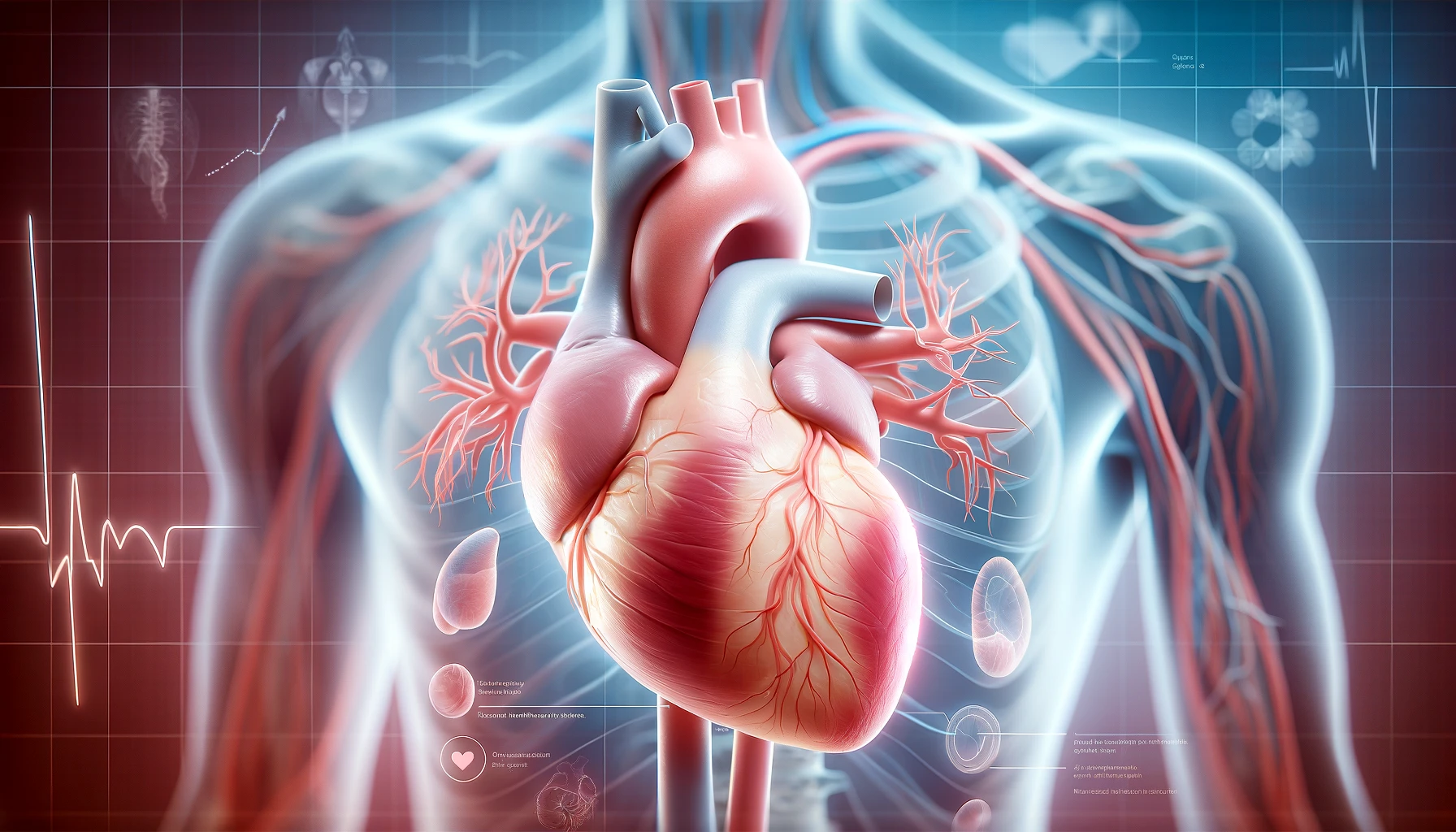Heart attacks are responsible for thousands of deaths in the US annually, and that number continues to grow. The World Health Organization lists cardiovascular diseases as the global leading cause of preventable death, with over 17 million people losing their lives every year as a result. Although heart attacks are a well-known threat to one’s health, they can have symptoms that everyone might not associate with a heart attack.
Protecting your heart is protecting your longevity, and Rishin Shah, MD of Prime Heart and Vascular knows the best way to protect your heart is by remaining aware of your body and understanding the symptoms of different illnesses. At our offices in Allen, Frisco, and Plano, Texas, we treat all types of cardio and vascular disease, and we can teach you how to protect yourself from heart attacks.
What happens during a heart attack?
Heart attacks occur when an artery, one of the largest veins in your body, is blocked, preventing blood from reaching your heart. It’s important not to confuse heart attacks with cardiac arrest. Cardiac arrest occurs when the heart, usually as the result of a cardiac arrhythmia, fails to function properly and stops beating. Both conditions can be painful, and fatal, if not treated quickly and thoroughly.
During a heart attack, it’s common to feel pain – also called angina – pressure, fullness, or squeezing in the left side of the chest, but other symptoms of a heart attack could be easily overlooked.
What are the other symptoms of a heart attack?
Arterial blockages cause heart attacks, and these blockages are typically the result of built up cholesterol, fats, and other material. This combination sticks in your arteries as plaque, which then builds up and blocks blood flow. Women and men are at equal risk of having a heart attack, but it’s been long known in the medical community that men and women tend to experience heart attacks differently.
Heart attacks in women
Heart attacks cause pain, pressure, and discomfort in the chest for both men and women, and it’s a primary symptom of heart attacks for both of the binary sexes. Every 40 seconds, someone in the US experiences a heart attack, and about half are women. Unlike men, women are more likely to die from heart attacks.
Understand also that not all heart attacks are sudden and intense; they can sneak up on anyone by starting with mild discomfort around your heart. Women are more likely to develop dizziness, nausea, lightheadedness, and may even faint during a heart attack. It’s also common to feel out of breath when experiencing a heart attack.
Understanding your risks
Keeping yourself self safe from a heart attack means staying aware of any risk factors you may have. As with most diseases, a family history of cardiovascular disease raises your likelihood of having a heart attack. If you’re living with heart disease, your chances of having a heart attack increase substantially, as does your chance of cardiac arrest and stroke.
Other factors can raise your risk of a heart attack, including:
- Senior age
- Male gender
- Heredity
- Smoking
- High cholesterol
- Hypertension
- Living with diabetes
These are not the only risk factors for heart attack, but they could easily contribute to a heart attack, as well. Children whose parents have heart disease are likely to develop heart disease themselves, another risk factor for a heart attack.
What do I do if I have a heart attack?
If you suspect that you’re having a heart attack, stop what you’re doing, and call 9-1-1. If you’re wrong, it’s okay to have a false alarm, but if you’re right, you could be protecting your longevity. Most people survive heart attacks, but having one makes you vulnerable to having another and also makes you vulnerable to other cardiovascular illnesses.
Whether you identify as a man or a woman, caring for your heart with a healthy diet and regular exercise is key to preventing heart attacks. If you’re living with heart disease, or have had a heart attack, it’s essential to find an experienced cardiologist for long-term treatment. We’re available at 972-295-7017, or you can book an appointment with us online.





